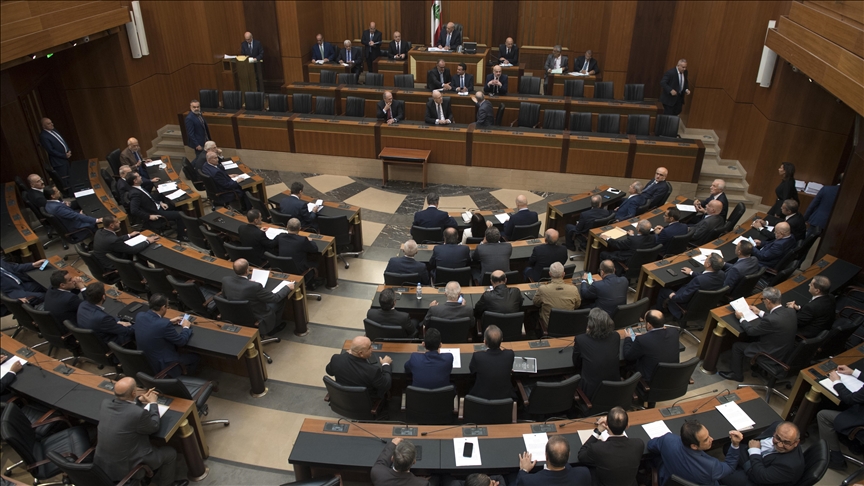
Bail bonds are essential to the people who need them. A person who needs a bail bond is a person who is under criminal suspicion and is unable to pay for their release from jail. The primary purpose of the bail bond is to ensure that the accused will attend court for their trial. The bail bond is refunded if the defendant fails to participate in the hearing. These bonds are also beneficial in reducing racial disparities.
Unsecured bail bonds require no collateral
Monroe County bail bonds is an agreement where the defendant promises to show up in court or pay the bail amount. The judge will set the amount of the bail based on the defendant’s criminal history and a flight risk.
Unsecured bail bonds are typically used for minor crimes, but only some are eligible for this type of bond. Those with bad credit scores or a history of failing to make their bond payments are not likely to qualify.
The defendant must promise to appear at all upcoming hearings to post a bail bond. If he does not, the bail bond company will forfeit his collateral. It can be a car, house, jewelry, or other personal property.
Secured bail bonds
Bail bonds can get a defendant out of jail before a trial. It is a legal contract in which the bonding agent guarantees the defendant’s appearance in court. There are several types of bail, including secured and unsecured.
The type of bond the court will require depends on the charges and the judge. In some cases, the court will only need the defendant to pay a small sum; in others, a more significant sum will be required.
Unlike an unsecured bond, a secured bond requires a defendant to pay a specific amount. This money is not returned if the defendant does not appear in court. However, this money may be credited towards court fees if the defendant does make all court appearances.
Cash bail bonds are easier to obtain
A bail bond is an arrangement between the bonding company and the court which allows a defendant to be released while awaiting trial. Bonds are also referred to as surety bonds. These usually carry less than the maximum bail amount and are a good option for defendants who cannot come up with cash.
There are many ways to go about securing a bail bond. Some standard options include ensuring a property bond, a surety bond, or a surety cash bond. Each requires a different type of collateral. Often, the defendant is responsible for the rest of the amount if they fail to appear in court.
The bail bond industry is a topic of considerable scrutiny. One major criticism is the hidden fees tacked onto the bail cost. For example, a bondsman’s payment may be accompanied by a 10% non-refundable premium.
Refundable bail if the person attends the court hearing
Bail is a means to encourage an accused person to return to court if deemed a flight risk. The money is refundable if the accused returns for all court dates.
Bail can be paid by cash or other methods depending on the jurisdiction. Most jurisdictions don’t accept business or personal checks. If your bail is not paid in full, you will be jailed. However, there are some exceptions. You may also apply for bail through a family member or friend.
A surety bond is a written promise from a bonding company that your bail will be paid if you fail to attend court appearances. They also provide insurance for your case.
When you post bail, you will usually be required to sign a contract with a bondsman or bonding company. In this contract, you agree to pay 10% to 20% of the bail amount.
Impact on racial disparities
The use of bail bonds in America is a complex issue. Bail bonds affect the lives of defendants and families. They are also a source of racial disparities. Studies have shown that racially-discriminatory practices in the bail bond industry lead to racial gaps in the finances of pretrial release individuals. Moreover, racial disparities are compounded by disproportionate incarceration.
Pretrial detention leads to more severe sentences, loss of employment, and collateral consequences such as lack of housing. Ultimately, the impact of bail bonds on racial disparities can be devastating. However, there has been a recent uptick in efforts to reform the system.




More Stories
EU Wants A Special Court To Try Russia For Ukraine War Crimes
Tories On Hunt for New Party Attack Dog – Guido Fawkes
Is Biglaw In For A Big Reckoning?